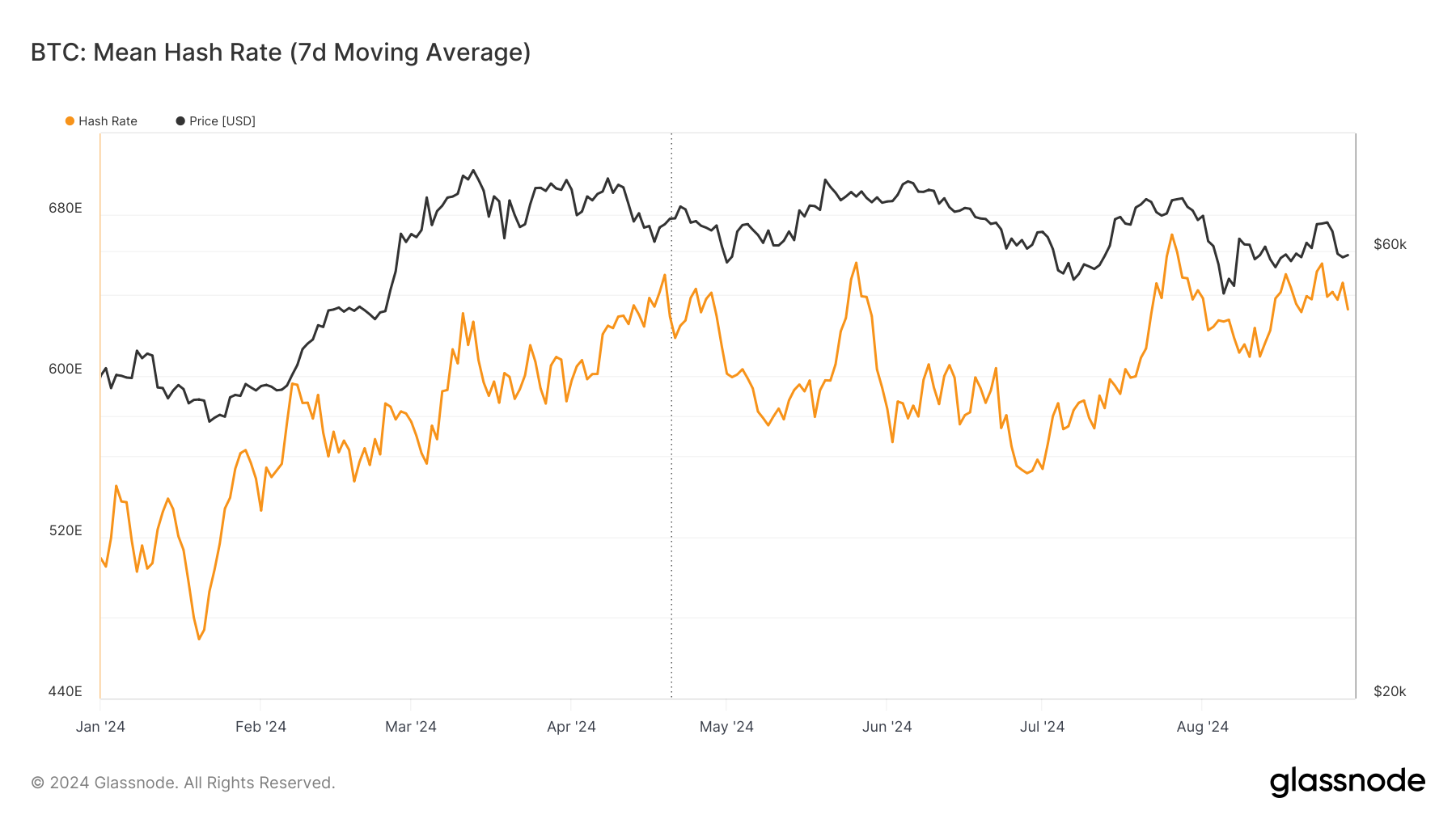Blockchain technology is taking multiple sectors by storm. The healthcare market is not an exception – blockchain-based investments in healthcare are projected to surpass $16 billion by 2031, growing at a CAGR of 40.8% from 2022 to 2031 (Source: Allied Market Research).
While inferior to human healthcare, the animal healthcare industry is growing at an impressive rate – last year; the sector managed to surpass 150 billion USD (Source: GM Insights). The pet healthcare market is vast and combines various products – from food to toys and pharmaceuticals. With the increasing social acceptance of pets, the more disposable income of pet owners, and their willingness to spend more on average every next year, the industry is expected to continue expanding.
The pet healthcare market can benefit from implementing blockchain-based concepts similar to the medical industry due to their high similarities. In this article, we will take a closer look at 5 revolutionary use cases of blockchain for the pet healthcare market and how the novel technology can solve some of the most pressing issues pet owners and vets must overcome.
Shared pet medical data records
Data siloing in healthcare has been one of the most persistent issues and is believed to be one of the main causes of medical errors that can sometimes lead to fatal outcomes. Despite the rising degree of digitization, there is no unified record of medical data that allows doctors to have all of the necessary and important information for any given patient at their disposal. The main reason for that is both infrastructural data limitations and privacy concerns.
Blockchain technology can enable the creation of a comprehensive system for administering medical records securely on the chain. This system can combine all records under one roof while eliminating any privacy concerns due to the fundamental way distributed ledgers operate. It can allow veterinarians to access all past health data of each animal, such as previous illnesses, allergies, medications that were administered, and many more.
Having access to pet medical data records for all vets is crucial for better diagnosis, treatment, and monitoring and can greatly improve the overall effectiveness of their actions.
Supply chain optimization
Blockchain technology can help track the entire supply chain of pharmaceuticals, ensuring a high degree of transparency regarding how they are manufactured. End consumers can have full information about every step taken in bringing the product to the market. For example, some drugs are manufactured after clinical trials based on practices that are inhumane to animals. Other products use substances or manufacturing methods that are regarded negatively by end consumers. All of this information can become transparent by using blockchain technology.
Blockchain can also improve the supply chain efficiency for manufacturers – by having a granular, in-depth view of all stages of product development; they can minimize costs, reduce the time to market, as well as maximize the quality of their products.
Clinical trials research improvement
Closely related to how the novel technology can improve the supply chains for pharmaceutical companies and their end consumers, blockchain can also provide new ways of handling medical research and clinical trial data. These are usually related to highly sensitive information and are also based on very strict parameters, which ensures their validity. Any tampering with the information can lead to considerable financial losses for companies or even serious consequences for the end consumers.
With the use of smart contracts, any potential fraud that can occur by having one entity change a trial’s outcome in their favor is removed. Furthermore, it becomes much more difficult for informational leaks to occur due to the inherent security of distributed ledgers. This can potentially bring a higher overall degree of trust in medical research.
Workflow improvement of Vets
Vet clinics and practices are understaffed and overworked – in many European countries, there is only one veterinarian per 1000 pets on average. Moreover, they also have to deal with a lot of administrative work and patient management tasks.
A blockchain-based patient management system can help improve their workflow by introducing a higher degree of digitization and automation of administrative processes while ensuring full compliance with all legal requirements related to personal data.
Wearable IoT device integration
Research on blockchain integration with wearable IoT devices is increasing. If coupled with blockchain-based medical records, wearables can provide a more in-depth insight for monitoring and treatment purposes and an up-to-date medical data record.
VetAPP – Embracing the future of pet healthcare
VetAPP is a novel blockchain-based application that aims to improve the conditions for pet owners and veterinarians by introducing various innovative tools for diagnosis, monitoring, booking management, and many more.

One of the project’s most innovative features is the AI tool that is expected to provide a valid pre-diagnosis in 70% of cases and inform the pet owner whether a visit to the vet is necessary or not. The AI is expected to be crucial in reducing the workload on vets and improving the overall medical treatment of pets while saving costs for pet owners.
If you are interested in learning more about VetAPP, their mission for the pet healthcare market, and the full scope of functionalities, their app will offer, visit www.vetapp.io.



